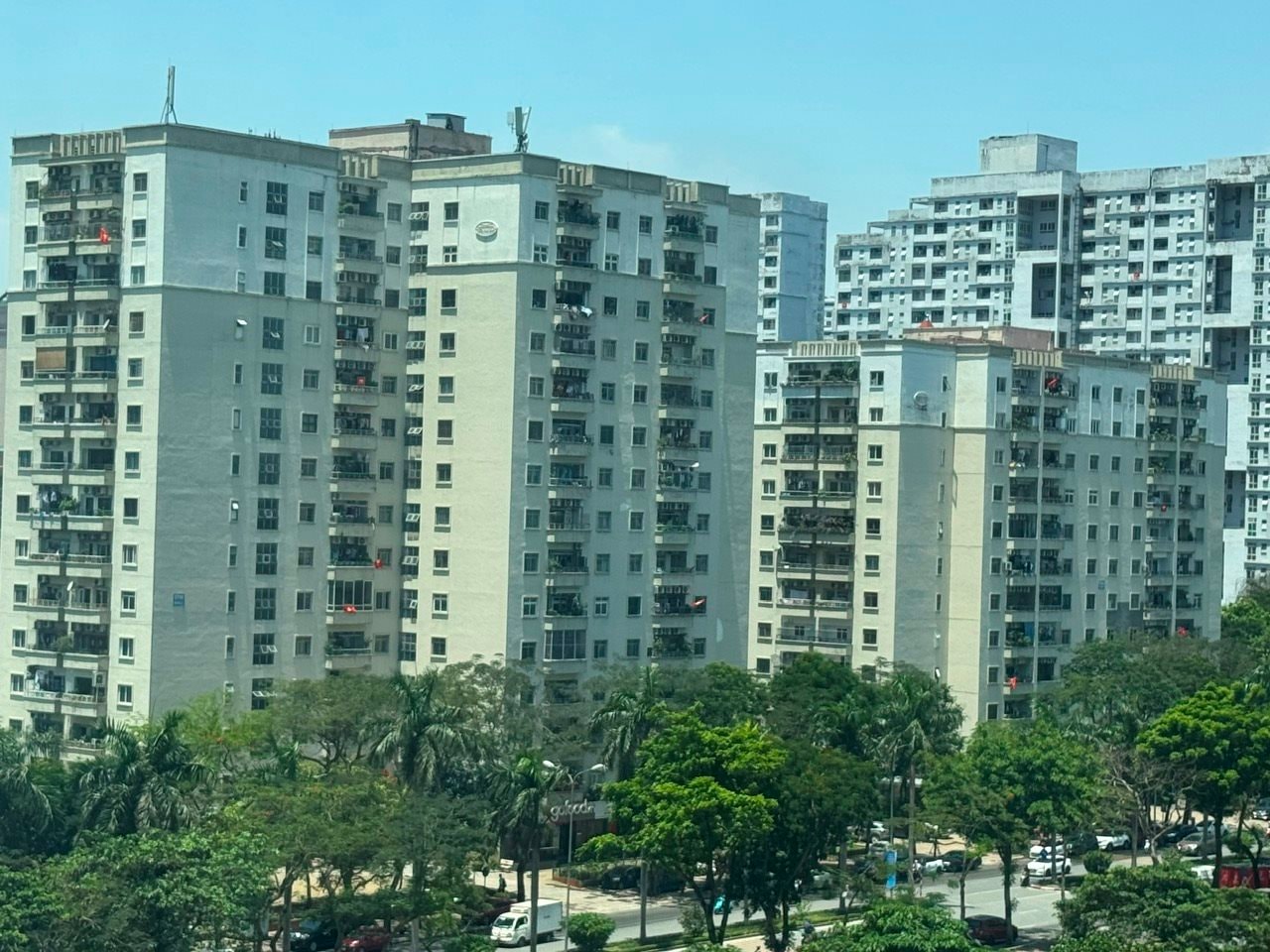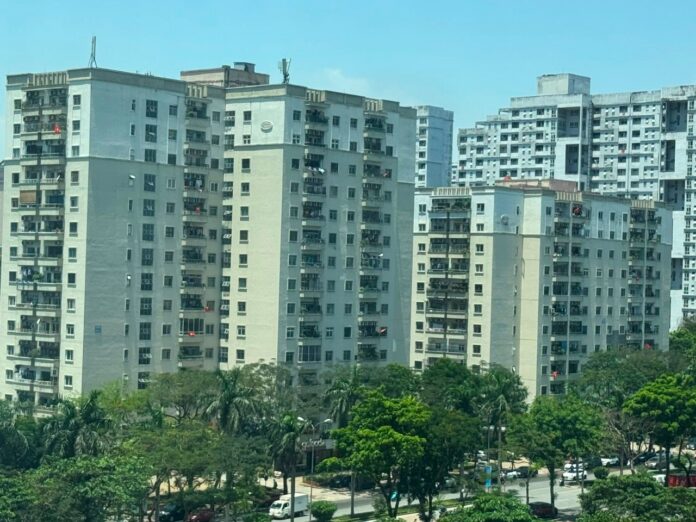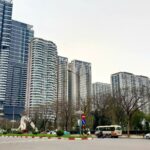
Despite predictions of a downward trend, apartment prices in Hanoi are expected to remain resilient due to strong underlying demand and limited supply. (Photo: MarketTimes)
According to the Vietnam Real Estate Brokers Association’s report for Q1 2025, Hanoi stood out in the property market with primary apartment prices reaching VND 79 million/sqm, a 2.5% increase from the previous quarter and a significant 77.6% jump from Q3 2019. This highlights the robust demand for residential properties, solidifying the market’s stability.
At Savills’ Q1 2025 press conference, Ms. Do Thu Hang, Senior Director of Research and Consulting at Savills Hanoi, shared that the market witnessed over 7,900 new units supplied and 7,914 transactions, outperforming the same period last year. This indicates a sustained strong demand despite challenging market conditions.
The limited land availability and robust demand have resulted in a 5% increase in primary prices compared to the previous quarter and a double-digit growth compared to Q1 2024. This reflects buyers’ confidence in choosing apartments for both residential and investment purposes.
Mr. Nguyen Van Dinh, Chairman of the Vietnam Real Estate Brokers Association, attributed the sustained high apartment prices to multiple factors, including limited land in major cities, adjustments to the land price framework, and rising construction material and labor costs. The scarcity of new projects entering the market has further intensified competition, driving up prices. Despite the high prices, the market has maintained stable liquidity thanks to strong end-user demand.
However, in April and May 2025, the apartment segment experienced a slowdown, with Batdongsan.com.vn reporting decreases in search volume, listings, and asking prices compared to the first two months of the year. For instance, the level of interest in apartments decreased by 19%, while that in houses and rooms for rent dropped by 20% and 22%, respectively.
On the buying and selling market, listing volumes remained relatively stable, indicating that sellers are optimistic about long-term demand. However, compared to the previous month, there was a notable decline in interest across all segments, with land decreasing by 18%, apartments by 20%, houses by 14%, and commercial houses by 14%. Listing volumes followed a similar downward trend, with land, houses, apartments, and commercial houses all witnessing decreases ranging from 5% to 9%.
Commenting on future price predictions, Ms. Do Thu Hang anticipated a downward adjustment in secondary market prices to ensure liquidity and facilitate transactions between buyers and sellers. Meanwhile, Mr. Nguyen Van Dinh forecasted that apartments would remain the dominant product in the real estate market throughout 2025 but expected a price correction of 20-30% due to the current high absorption pressure.
Contrasting the experts’ views, a developer of high-end projects in Ha Dong district argued that while the market might experience a temporary slowdown after a period of rapid growth, a significant price drop is unlikely, especially in major cities like Hanoi, where end-user demand remains consistently high.
The core reason for the persistent increase in apartment prices is Hanoi’s rapidly growing population, which was already eight times the national average in 2023 and has continued to rise. Meanwhile, the limited land availability for residential development in the capital city has resulted in a supply-demand imbalance, inevitably leading to upward pressure on prices.
Additionally, the 2023 Land Law, which now requires annual updates to land prices instead of the previous five-year cycle, has contributed to higher input costs for developers. This, coupled with soaring construction material prices and labor costs, has left developers with no choice but to adjust selling prices to maintain profitability and project progress.
“It’s evident that Hanoi’s apartment market is influenced by various fundamental factors. Therefore, a significant price drop in the foreseeable future is highly improbable, and a continued upward trend in prices is more likely in the medium to long term,” emphasized the developer’s representative.
What’s Next for Hanoi’s Apartment Prices?
The real estate industry leaders in Hanoi predict that condo prices have peaked and cannot rise further as they have surpassed what buyers can afford. Prices are expected to stagnate until the end of 2025 and then enter a prolonged downward cycle, with the bottom falling out in the 2028-2030 period.
Why Are Property Prices in Hanoi Skyrocketing?
The soaring prices of apartments in Hanoi can be attributed to the high input costs of developing a commercial residential project. Land costs, which account for 25% of the total, surge to 40-50% for prime locations. Additionally, construction costs have been on a steep upward trajectory recently, contributing significantly to the overall expense.
Why Are Hanoi Apartment Prices Soaring?
The soaring prices of apartments in Hanoi can be attributed to the high input costs of developing a commercial residential project. Land costs, which account for 25% of the total project cost, surge to 40-50% for prime locations. Additionally, construction costs have been on a steep upward trajectory recently, further contributing to the overall expense.





















